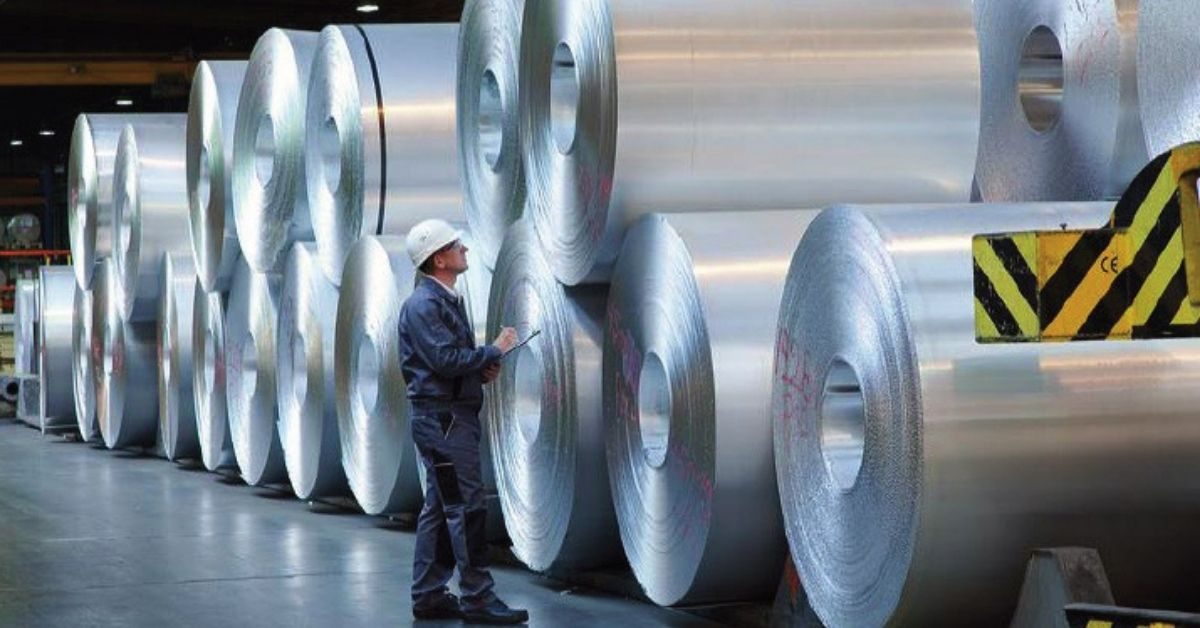A timely post by the Financial Times covers the threat to the global auto industry as a result of the power crisis in China limiting supplies of key components used across a range of industries.
But specific to the post is the making of aluminum alloys. Almost 90% of the world’s magnesium production comes from China, the Financial Times reports. The Chinese government ordered roughly 35 of its 50 magnesium smelters to close until the end of the year due to power shortages.
The report quotes Barclays analyst Amos Fletcher, who said: “Thirty-five percent of downstream demand for magnesium is auto sheet — so if magnesium supply stops, the entire auto industry will potentially be forced to stop.”
Rising aluminum alloy costs
The threat is real enough. Unfortunately, as we wrote recently on this issue, flagging up the risk to supply contracts and the potential for cost pass-throughs by aluminum mills, it is not confined to magnesium.
Since our last post, MetalMiner has seen first-hand examples of mills seeking to renegotiate extrusion contracts due to rapidly escalating raw material costs – specifically silicon, manganese, and magnesium. All of those rely on high power consumption smelting or refining processes. Furthermore, the world has become dangerously reliant on China for these materials.
Power costs have always been a driver of aluminum prices. However, if one metric ton of aluminum takes 16-megawatt hours (MWh) of power, then by comparison one ton of magnesium takes 35-40 MWh, making power costs an even more critical cost driver for the metal.
Chinese export prices rise, inventory lags elsewhere
Price rises are due to both a rapid escalation in Chinese export prices and to the lack of backup inventory in Europe and elsewhere.
The U.S. has one major domestic producer. However, it relies in part on imports. While aluminum mills are unlikely to go short in the U.S., prices could certainly rise.
Source : Finance Yahoo







